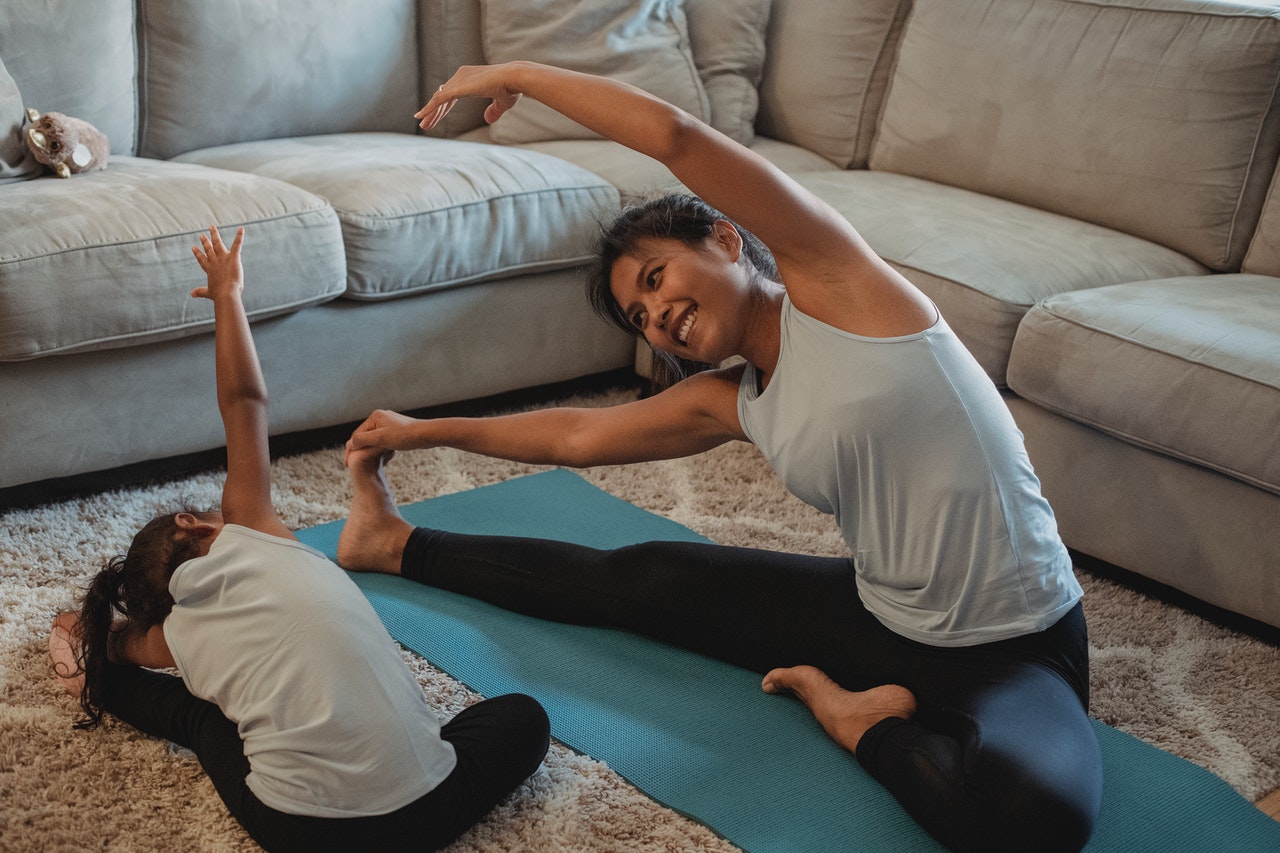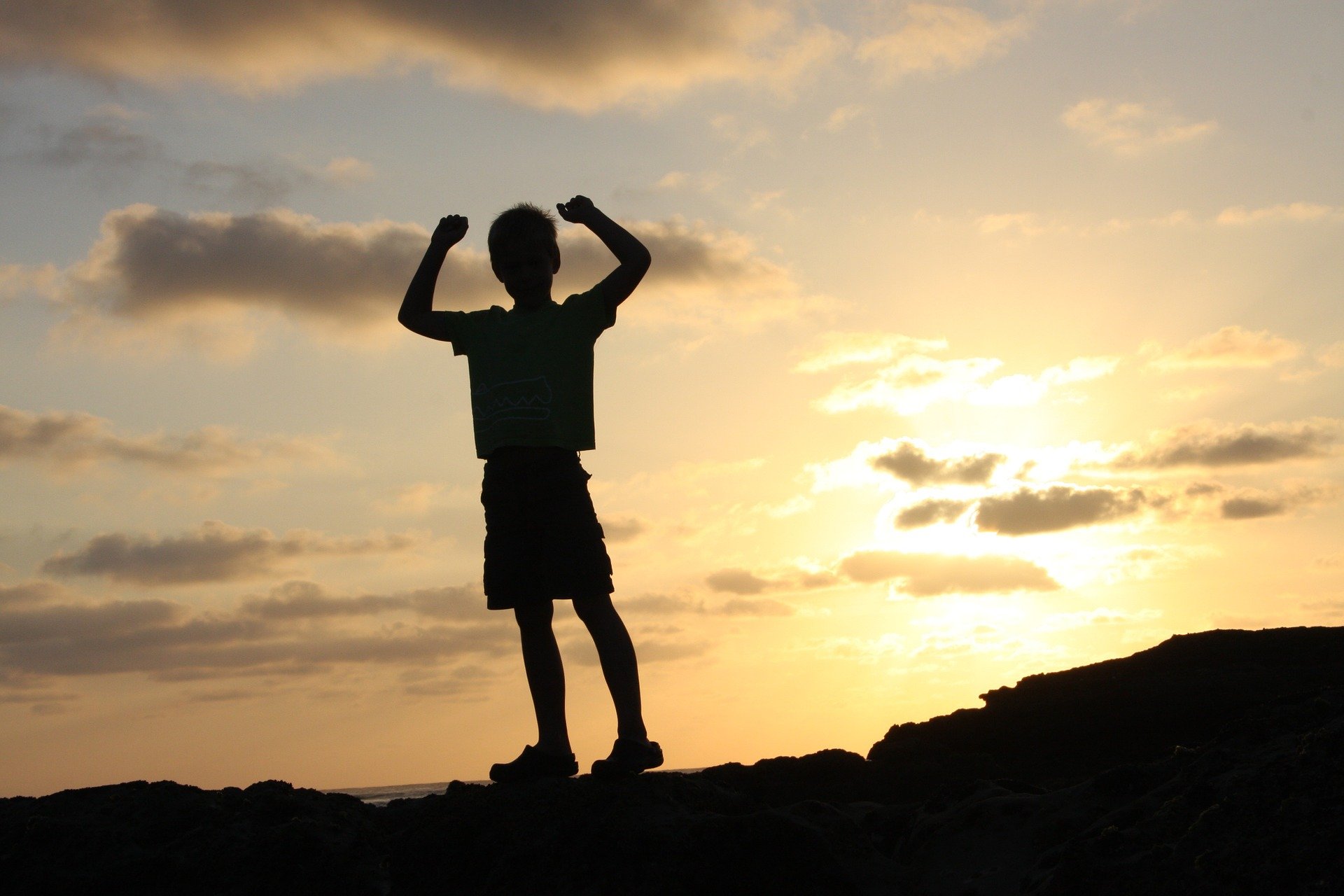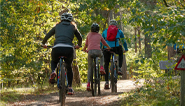From archery to wheelchair basketball, there's guaranteed to be something that got you watching. For lots of children, the games give them their first taste of less well known sports, or shine a light on the superstars of more popular events and they want to have a go themselves. So if your child hasn’t stopped sprinting around the garden since the 100 metres final, or is skateboarding down the staircase after watching Sky Brown’s tricks, here are some ideas about how you can help them
1. Mix it up
Research shows that doing lots of different sports and activities during childhood is more likely to produce an elite athlete than just doing one. This is because over-practicing one set of skills or actions is more likely to result in injury, and it gets boring! All sports have a whole range of transferable skills that are important in any competitive situation, things like teamwork, resilience, persistence and co-ordination and learning these in different situations keeps children motivated and interested.
2. Do it yourself
Children of active parents are much more likely to be active themselves, so dust off your trainers and get out there too. This doesn’t mean that you need to be working to the Olympics yourself, or even have to try and win the parents’ race on Sports Day, just find something that you like.

If you’ve been walking laps of the local park in lockdown take that a step further and join a walking sports team - there’s walking rugby, football, netball and lots more. Have a look at what’s happening in your local leisure centre or sports hall, there is plenty going on. It doesn’t matter what sport you do, it shows your child that you value being active and see it as something worth doing which is a positive message they’ll pick up.
Becoming an Olympian is the pinnacle of a sporting career and not many athletes will get there, so it is important to ensure that there is fun and enjoyment on the sporting journey up to whatever point your child gets to.
3. It’s never too early to start
The more opportunities children have to be active and move around right from birth the better their outcomes are. Giving new babies tummy time, limiting the amount of time toddlers are in their pushchairs and getting children outside building rockets out of cardboard boxes might not seem to have much in common with elite sport, but the first 1,000 days of a child’s life are critical to their future development and getting into the habit of being active will help the physical and emotional well-being needed to be a successful sportsperson.
4. Remember - this is fun
Becoming an Olympian is the pinnacle of a sporting career and not many athletes will get there, so it is important to ensure that there is fun and enjoyment on the sporting journey up to whatever point your child gets to. Being a sporting parent can be challenging, supporting your child when they’ve lost, spending hours waiting around during training sessions and having a washing machine constantly on the go are just a few of the downsides but the benefits outweigh these. Sport gives you the chance to celebrate successes, share experiences and spend time together so make sure you make the most of these opportunities.
Active children are happier, healthier and more resilient so take every opportunity to get them involved and who knows, maybe we’ll see them at Paris in 2024!








Rate and Review
Rate this article
Review this article
Log into OpenLearn to leave reviews and join in the conversation.
Article reviews